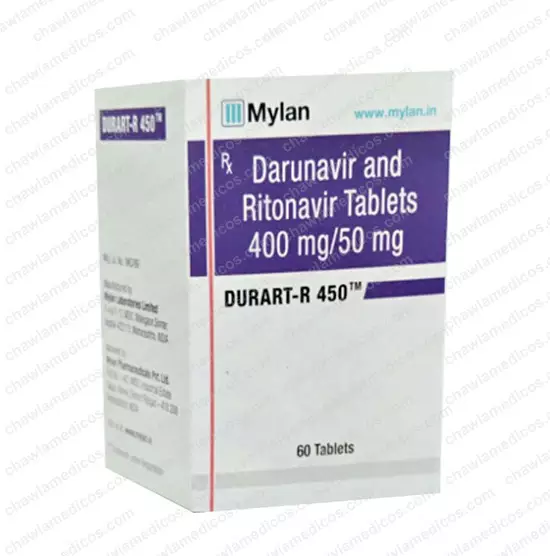
Hepatitis C, a liver infection caused by the Hepatitis C virus (HCV), has seen dramatic advancements in treatment over the past decade. Today, the development of highly effective Hepatitis C medicine has transformed what was once a chronic and life-threatening condition into a curable one. In this comprehensive blog, we’ll explore the latest breakthroughs, trending treatments, and insights into the Hepatitis C medicine landscape. Whether you’re seeking information for yourself or a loved one, this guide will help you navigate the world of modern Hepatitis C treatment.
Understanding Hepatitis C and the Role of Hepatitis C Medicine
Hepatitis C affects millions of people worldwide, often causing liver damage, cirrhosis, or even liver cancer if left untreated. However, with the advent of Direct-Acting Antivirals (DAAs), the outlook for patients has improved dramatically. The Hepatitis C medicine available today boasts cure rates of over 95% in most cases.The primary goals of Hepatitis C medicine are:
- Eliminating the virus from the body (achieving a sustained virologic response, or SVR).
- Preventing long-term liver complications such as cirrhosis or liver cancer.
- Improving quality of life by minimizing side effects and treatment burdens.
The Best Hepatitis C Medicine Options in 2025
The Hepatitis C medicine landscape has evolved significantly, with a focus on safety, efficacy, and shorter treatment timelines. Let’s explore the most effective and commonly prescribed Hepatitis C medicine options available today:
1. Sofosbuvir/Velpatasvir (Epclusa)
Epclusa is a widely recommended Hepatitis C medicine due to its ability to treat all six genotypes of HCV. It is a once-daily oral tablet taken for 12 weeks, offering a high cure rate with minimal side effects. Key features include:
- Effective for all genotypes (pan-genotypic).
- High success rates, even for patients with cirrhosis.
- Minimal drug interactions, making it suitable for many patients.
2. Glecaprevir/Pibrentasvir (Mavyret)
Mavyret is another popular Hepatitis C medicine known for its shorter treatment duration of just 8 weeks for most patients. Its advantages include:
- Pan-genotypic treatment.
- Shorter treatment duration compared to other options.
- High efficacy for patients new to treatment.
3. Sofosbuvir/Ledipasvir (Harvoni)
Harvoni was one of the first breakthroughs in Hepatitis C medicine, and it remains a reliable option for treating genotypes 1, 4, 5, and 6. Its benefits include:
- Single-pill convenience.
- Proven track record of safety and efficacy.
- Effective for patients with or without cirrhosis.
4. Sofosbuvir/Velpatasvir/Voxilaprevir (Vosevi)
Vosevi is a powerful Hepatitis C medicine designed for patients who have previously failed other treatments. It combines three drugs and is highly effective against resistant strains of the virus. Key highlights include:
- Ideal for retreatment cases.
- Effective against resistant HCV strains.
- Short 12-week treatment duration.
Trending Innovations in Hepatitis C Medicine
The field of Hepatitis C treatment is continually evolving, with new research and innovations shaping the future of Hepatitis C medicine. Here are some of the latest trends:
1. Shorter Treatment Durations
While most Hepatitis C medicine regimens last 8–12 weeks, researchers are exploring options to reduce treatment times even further. Shorter durations could improve patient adherence and make treatment more accessible.
2. Pan-Genotypic Treatments
Pan-genotypic Hepatitis C medicine options, like Epclusa and Mavyret, are becoming the gold standard due to their effectiveness across all HCV genotypes. This simplifies the treatment process and eliminates the need for genotype testing.
3. Improved Accessibility
Efforts to make Hepatitis C medicine more affordable and accessible are gaining momentum. Generic versions of popular treatments are being introduced in developing countries, ensuring that more people can benefit from life-saving therapies.
4. Combination Therapies
Combining multiple antiviral agents in a single pill has become the hallmark of modern Hepatitis C medicine. These combination therapies are highly effective, convenient, and reduce the risk of drug resistance.
5. Treatment for Special Populations
Advancements in Hepatitis C medicine are addressing the needs of special populations, including patients with co-infections (e.g., HIV/HCV), those with advanced liver disease, and children.
How Hepatitis C Medicine Works
To understand why modern Hepatitis C medicine is so effective, it’s important to know how these drugs work. Direct-acting antivirals (DAAs), the cornerstone of Hepatitis C treatment, target specific stages of the virus’s lifecycle. They work by:
- Inhibiting viral replication: Preventing the virus from multiplying in the liver.
- Blocking viral proteins: Disrupting the function of proteins necessary for the virus to survive.
- Eliminating the virus: Clearing the infection from the body completely.
The result? A sustained virologic response (SVR), which means the virus is undetectable in the blood 12 weeks after treatment ends—a functional cure.
Who Should Consider Hepatitis C Medicine?
Anyone diagnosed with Hepatitis C should consider starting treatment with Hepatitis C medicine. Modern guidelines recommend treating all patients, regardless of the stage of liver disease, to prevent complications and reduce the risk of transmission. Specific groups that benefit from treatment include:
- Newly diagnosed patients: Early treatment can prevent liver damage.
- Patients with liver damage:




Leave a Reply